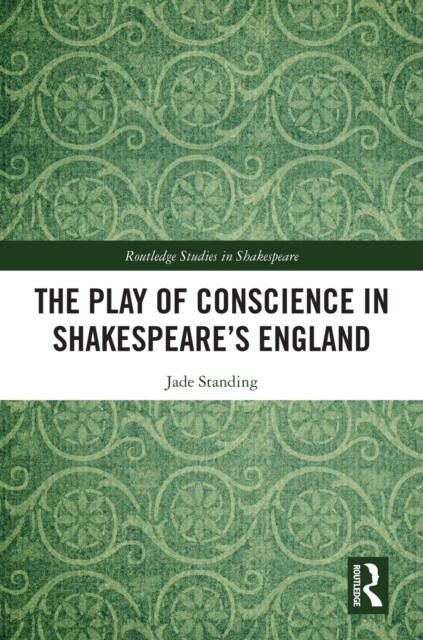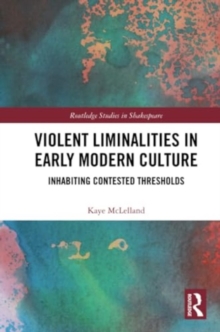
The Play of Conscience in Shakespeare's England PDF
by Jade Standing
Part of the Routledge Studies in Shakespeare series
Description
Having a conscience distinguishes humans from the most advanced AI systems. Acting in good conscience, consulting one's conscience, and being conscience-wracked are all aspects of human intelligence that involve reckoning (deriving general laws from particular inputs and vice versa), and judgement (contemplating the relationship of the reckoning system to the world). While AI developers have mastered reckoning, they are still working towards the creation of judgement. This book sheds light on the reckoning and judgement of conscience by demonstrating how these concepts are explored in Everyman, Doctor Faustus, The Merchant of Venice, and Hamlet. Academic, student, or general-interest readers discover the complexity and multiplicity of the early modern concept of conscience, which is informed by the scholastic intellectual tradition, juridical procedures of the court of Chancery, the practical advice of Protestant casuistry, and Reformation theology. The aims are to examine the rubrics for thinking through, regulating, and judging actions that define the various consciences of Shakespeare's day, to use these rubrics to interpret questions of truth and action in early modern plays, and to offer insights into what it is about conscience that developers want to grasp to eliminate the difference between human and non-human intelligences, and achieve true AI.
Information
-
Download - Immediately Available
- Format:PDF
- Pages:176 pages
- Publisher:Taylor & Francis
- Publication Date:29/12/2023
- Category:
- ISBN:9781003837565
Other Formats
- EPUB from £31.58
- Hardback from £135.00
Information
-
Download - Immediately Available
- Format:PDF
- Pages:176 pages
- Publisher:Taylor & Francis
- Publication Date:29/12/2023
- Category:
- ISBN:9781003837565










